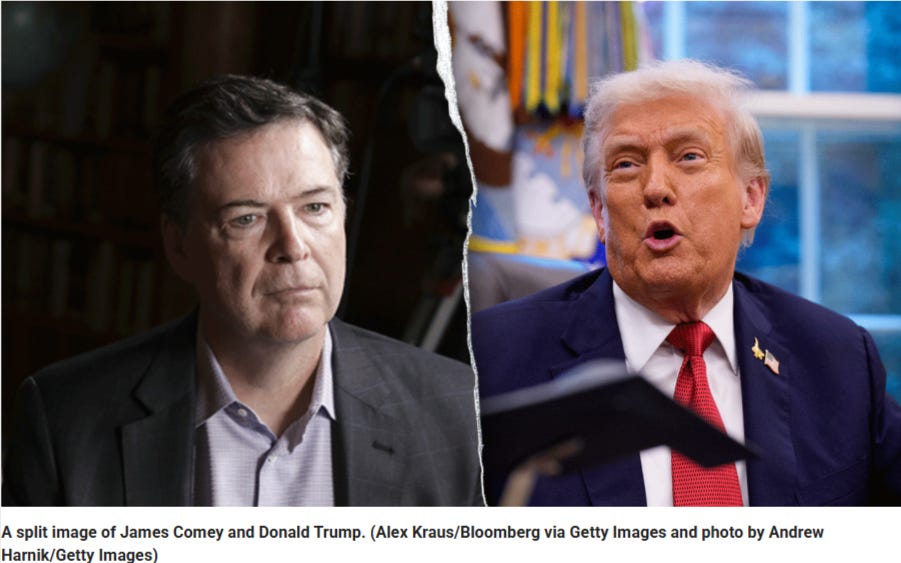[FREE ACCESS] Intelligence Insight | ex-FBI Chief Comey Indictment: Legal or Political Retribution?
Introduction: A Long-Awaited Reckoning
In a move that reverberated across the American political landscape, former FBI Director James Comey was indicted on September 26, 2025, on charges of making false statements and obstruction of justice to Congress. The indictment, stemming from a 2020 Senate hearing, is far more than a narrow legal proceeding. It re…


